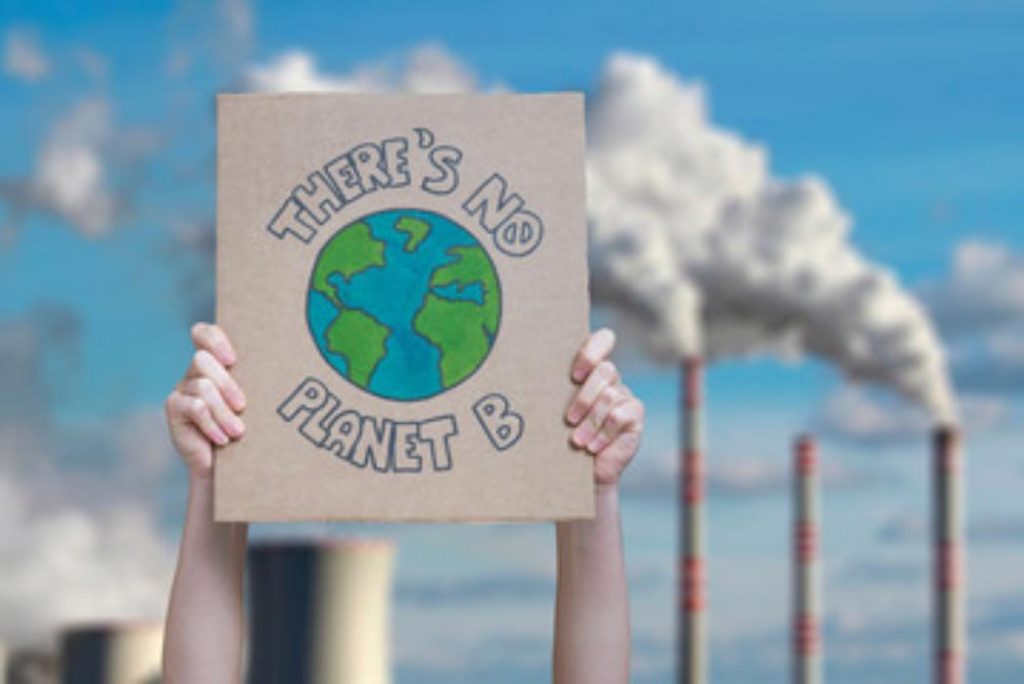
Environmental policy is defined as any measure by a government or corporation or other public or private organization regarding the effects of human activities on the environment, particularly those measures that are designed to prevent or reduce harmful effects of human activities on ecosystems. International environmental policy has increased due to the rise in globalization and the effects of human activities on the environment. Many environmental issues have made its way beyond national borders and can only be solved through international cooperation. International environmental policy covers issues such as climate protection, sustainable energy policy, preservation of biological diversity, and the conservation of forests, seas, and soils. With regarding the United Nations, they founded their environmental policy program the United Nations Environmental Program in 1972.
The United Nations environmental strategy for environment education and training is as followed, “In this strategy, environment is understood to encompass the natural and built environment, socioecological and economic aspects of environmental issues, and political dimension of environmental protection. In this context, environmental education and training includes aspects related to a wide variety of environment and development issues that affect and are affected by human activities and natural phenomena.” The United Nations has provided the main platform for international negotiations and agreements on environmental policies and objectives. These conferences were effective in setting an international agenda for regional and national environmental policy making that resulted in treaties and protocols. In Beardsworth article on climate change he states, “Climate action requires political action simply because, without political action, the scale of the challenge as well as the time within which this action must be achieved cannot be met (P.380).” Individuals and scientist who care about the environment can only do so much, however, with political and government backing more can get done to help improve the environment for now and into the future. However, there are some issues pertaining to getting every nation globally to cooperate on cutting down on some climate change issues such as emission of carbon dioxide into the atmosphere. Trying to convince other international leaders and governments to comply in ordinance has been a difficulty as some of these countries’ economies rely on these high emitting factories, and some just don’t care about the greenhouse gases their countries are producing.
Beardsworth states, “politics of climate change shows how nationalism and the global and cosmopolitan dimensions of internationalism must work together if political action in response to climate reality can be remotely successful, and it has argued that this action is dependent, first, on the powers, responsibilities, and leadership of states (P.384).” If the world continues to burn fossil fuels at current rates, earth average temperatures may rise to catastrophic levels without any political help. International cooperation has been modest; however, global temperatures and fossil fuel emissions continue to rise globally despite years of negotiations aimed at reducing greenhouse gases. Each individual country needs to listen to the researchers and individuals who want to help fix the environment before it’s too late to reverse our effects on the environment and take the matter seriously. In international relations working with each cooperating nation will go a long way in trying to reduce greenhouse gas emissions and other factors contributing to the ongoing climate change crisis.
Works Cited
Beardsworth, Richard. Climate science, the politics of climate change and futures of IR. 2020
UN environment strategy for environmental education and training | UNEP – UN Environment Programme
